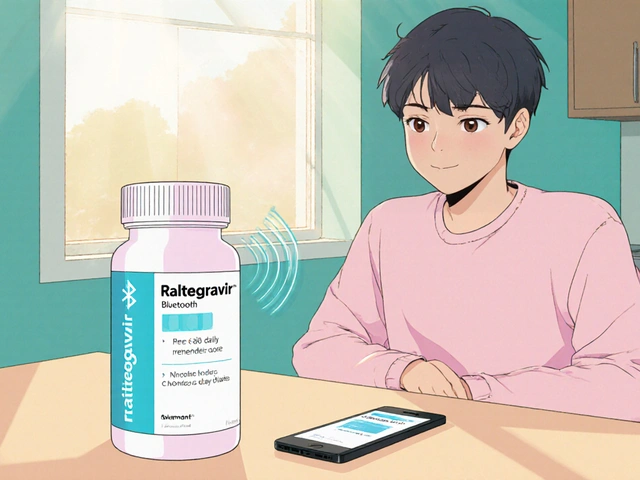Understanding Muscle Stiffness: Causes and Solutions
Muscle stiffness is a common problem that can make everyday movements tough. It happens when muscles feel tight, sore, or hard to stretch. This can be caused by many things like overuse, poor posture, or even sitting in one position for too long. Sometimes, stiffness is a sign of muscle spasms—those sudden, involuntary contractions that can be quite painful. Knowing what's behind your muscle stiffness helps you find the right way to ease it.
Common Reasons Behind Muscle Stiffness
Many people notice muscle stiffness after exercise, especially if they push themselves too hard or try new activities. This is your muscles’ way of telling you they need rest and recovery. Other times, sitting hunched over a desk or sleeping in an awkward position leads to stiffness. Medical conditions like fibromyalgia, which causes widespread pain and muscle spasms, can also play a big role. Fibromyalgia sufferers often feel constant stiffness, so understanding this connection helps in managing symptoms better.
Simple Ways to Relieve Muscle Stiffness
The good news? You can try some manageable steps at home to get relief. Stretching gently after waking up or before bed loosens tight muscles. Applying heat with a warm towel or taking a warm bath can soothe stiffness by boosting blood flow. Staying hydrated and maintaining a balanced diet with minerals like magnesium helps muscle function too. If stiffness comes from overactivity, giving your muscles a rest and avoiding repetitive strain is key.
For stubborn muscle stiffness linked to conditions like fibromyalgia or frequent spasms, talk to your doctor. They might suggest therapies, medications, or exercises tailored just for you to reduce discomfort. Remember, don’t ignore severe or persistent stiffness, especially if it comes with swelling, redness, or weakness—that’s your body’s way of asking for professional care.
Understanding muscle stiffness saves you from unnecessary discomfort and keeps you moving comfortably. By spotting your causes and using smart relief techniques, you’ll feel more relaxed and ready to take on your day.

Hydration: A Key Player in Easing Muscle Stiffness
- Date: 12 Mar 2025
- Categories:
- Author: David Griffiths
Staying hydrated is crucial in managing and preventing muscle stiffness. This article explores why water matters for your muscles, how it helps reduce stiffness, and what you can do to ensure you're drinking enough. Tips on fluid intake and recognizing dehydration signs provide practical guidance. Get on track to a more flexible, mobile lifestyle with the power of hydration.




